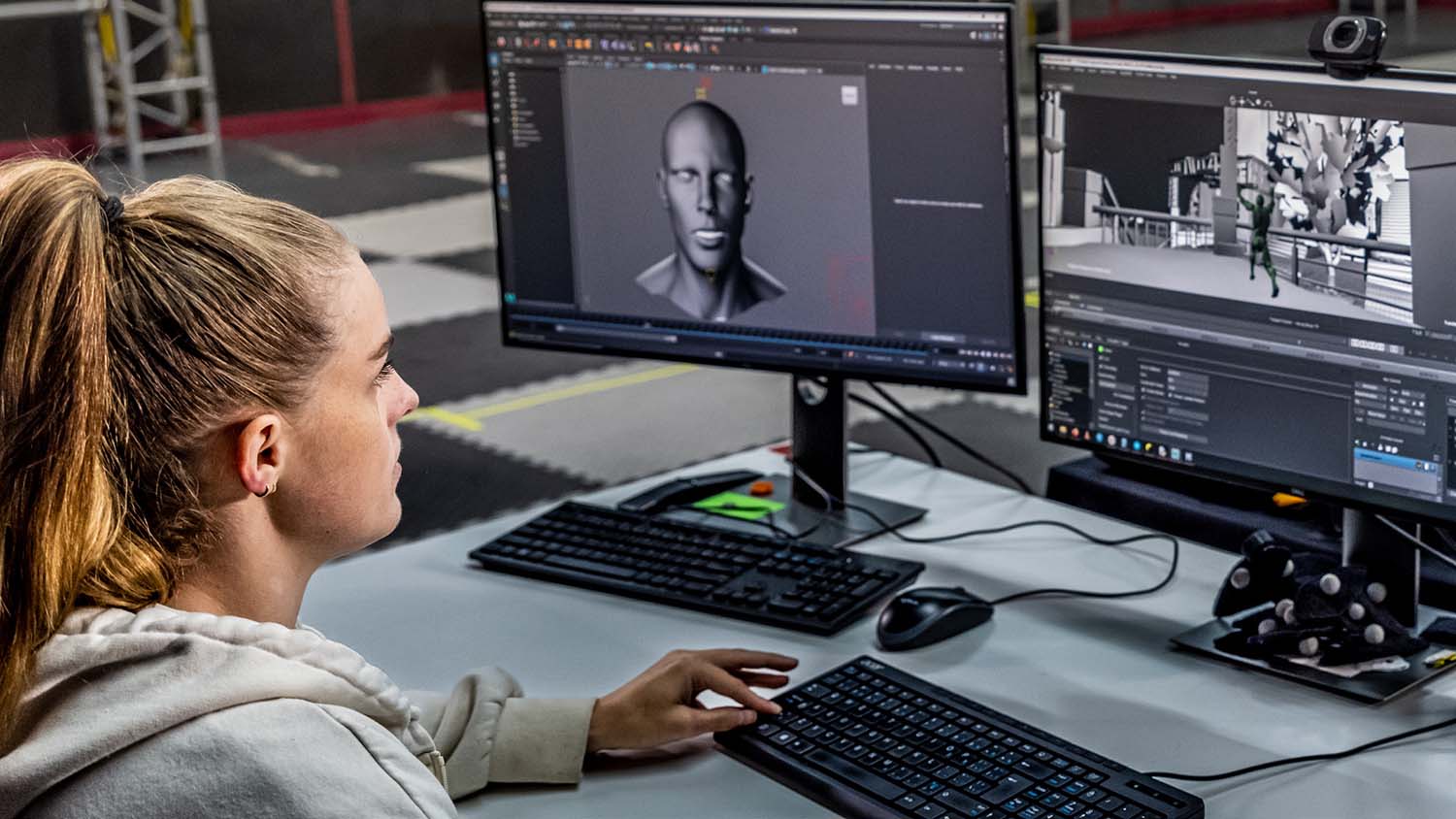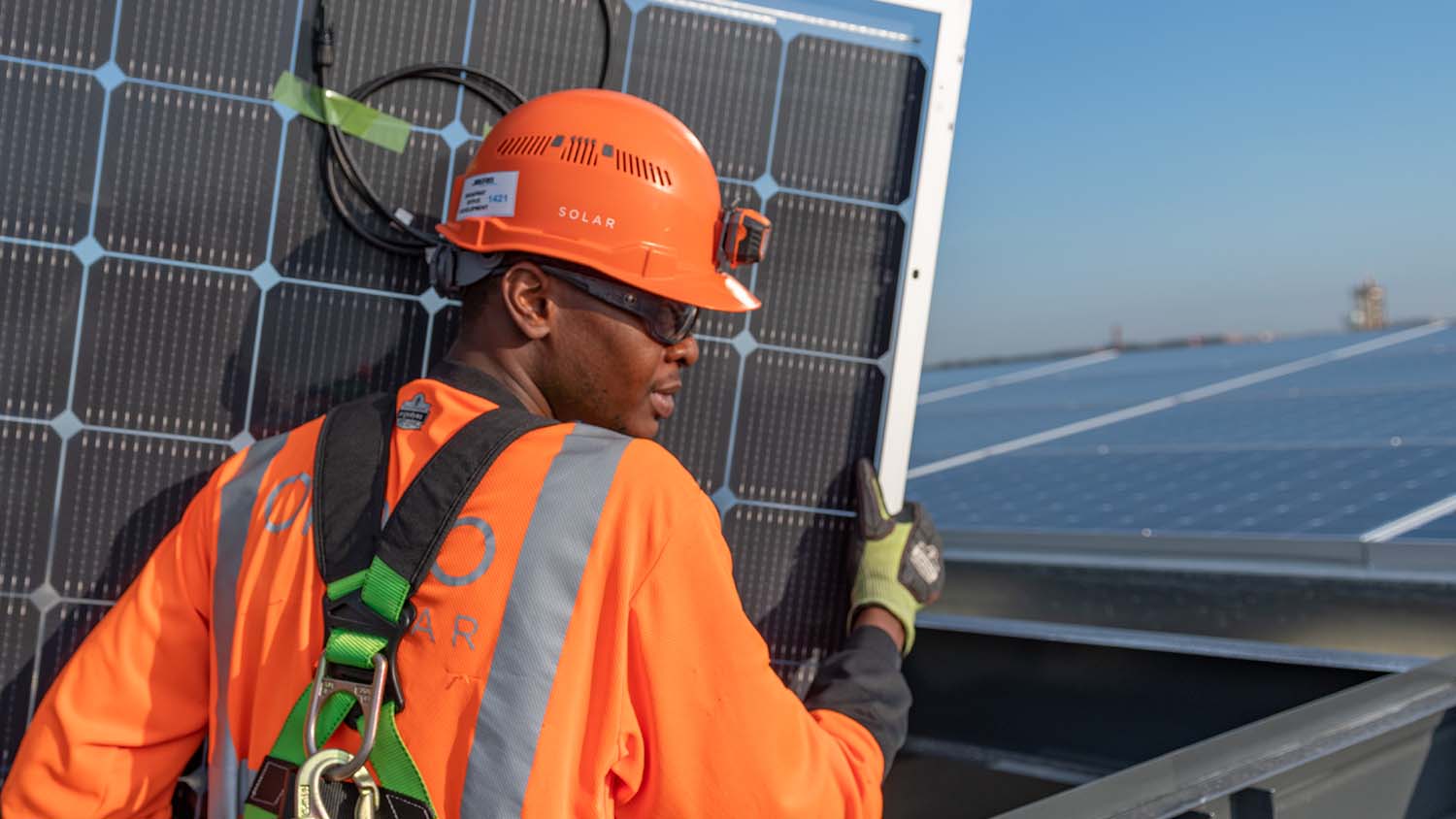Autodesk has released its 2023 State of Design & Make report, which it says reveals a talent gap in the industry that most end up tackling themselves with internal training.
Based on a global survey of over 2,500 business leaders and experts across three industries: architecture, engineering, construction and operations (AECO); product design and manufacturing (D&M); and media and entertainment (M&E), the report suggests that D&M businesses demonstrated greater resilience during the pandemic, while 79% of respondents believe that the world is more uncertain than it was three years ago.
The top three challenges facing design and make companies are led by attracting and retaining talent, managing costs, and responding to the volatile global economy and events. However, the report also reveals striking differences in resilience and performance for companies classified as digitally mature, or further along in using digital tools to transform their businesses.
More than half of the respondents said their companies have hired employees who lack key skills but plan to train them.

“They are struggling to find skilled employees that have the experience and the capabilities that they need to get their jobs done,” said Autodesk COO Steve Blum.
“Generally, AI can help with that, because it can take away some of the requirements over time for some of the people, but we need to continue to invest in the university systems, which is why we make we make our software available for free to all students, because we want more and more folks coming out of university, prepared to go into their commercial world with the skills and the experiences that our customers need for them. It’s a catch up game right now.”
The ageing population is also a concern, especially in countries like Japan, where the average age of the population keeps rising: “They have more people leaving the workforce than early career folks coming into the workforce, which further creates the gap. This is why investments in automation in digital transformation are absolutely critical, because things can’t be done the same way going forward that they’ve been done in the past.”
Digitally mature companies are outperforming less digitally mature companies, and the performance gap has widened since the start of 2020. Nearly 95% of respondents said they expect their industry or organisation to make sustainability-focused changes in the coming years.
Talent shortages lead all challenges and impede growth, according to the report. The workforce has undergone more changes in the past three years than in the previous 25, and this has been particularly daunting for employers because of the pandemic.
Attracting and retaining talent is the top challenge for 48% of respondents. Access to skilled employees is posing a barrier to business growth for 64% of respondents. However, leaders of digitally mature organisations reported taking more active steps to address the problem.
More than half of the respondents said their companies have hired employees who lack key skills but plan to train them.
The report also showed a consensus emerging on the importance of sustainability. Some respondents said taking sustainability measures will eventually account for a substantial part of their revenue. 80% of respondents said improving sustainability practices is a good long-term business decision, 82% said customers are influencing their sustainability activities, and nearly 90% said their industry or organization has made changes to improve sustainability.

Decreasing waste, using more recycled materials, and designing with sustainability in mind were among the top changes respondents reported their companies making.
As Blum pointed out, the three points highlighted by the report are very closely connected: “Sustainability only gets done through digital transformation. So I believe that the companies that are best prepared to deal with the uncertainties, the ones that are more digitally mature, are not going to pull back on sustainability, because it’s actually part of their digital initiative,” he said.
“It’s part of how they’re going to market to manage uncertainties and actually the benefit from them, where I think the ones that are less digitally mature, they’re just going to be falling further and further behind.”
Digital transformation is boosting business by reducing costs, increasing innovation, improving performance, and enabling products and services to launch faster. Indeed, 79% of respondents said that the future growth of their company will depend on digital tools. When Autodesk looked at business metrics including customer satisfaction, profit margin, and revenue from 2019-2021, overall, more digitally mature companies outperformed less digitally mature companies, and the performance gap between them appears to grow. More digitally mature companies planned to increase investments over the next three years in technology to improve project outcomes, product or service innovation, and new product or service development.
The report concludes that businesses in design and make industries have made major operational changes over the last three years to stay resilient and relevant, and those businesses that have embraced digitization and data to drive decision making find themselves better positioned to thrive even against the backdrop of continued global economic uncertainty and turmoil. The report names the most pressing drivers of change shaping today’s business decisions to help leaders make informed, strategic choices for the future. Autodesk plans to update the State of Design & Make report annually.






